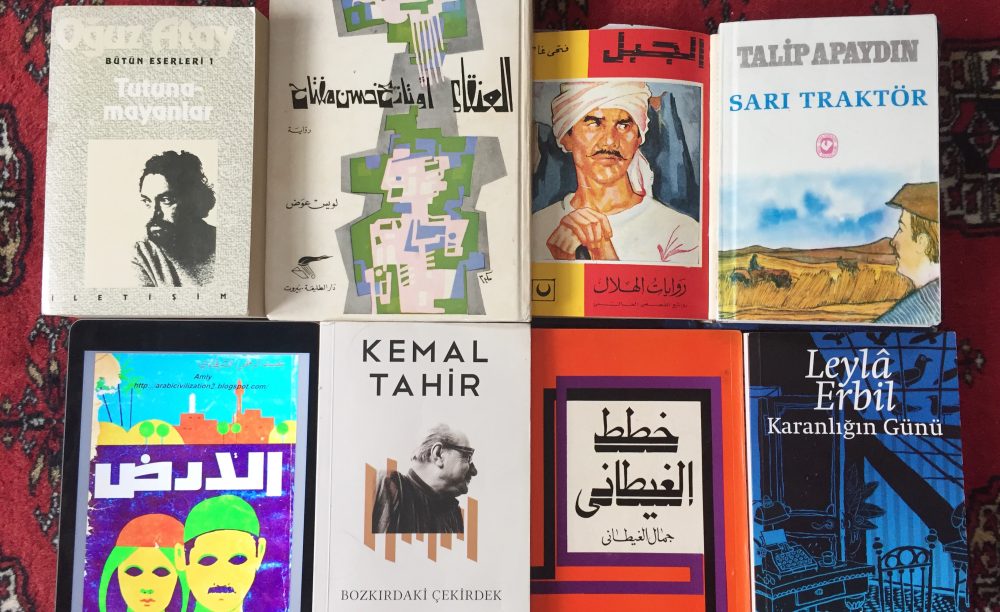Citation:
Mouffe, Chantal. “Artistic Activism and Agonistic Spaces .” Art & Research : Chantal Mouffe, Arts & Research, 2007, www.artandresearch.org.uk/v1n2/mouffe.html.
Relevance:
contemporary conversation about the relationship between language and political hegemony, update on Gramsci
Notes:
another way thinking about class, conflict, and art
-the dominant tendency in liberal thought is characterized by a rationalist and individualist approach which is unable to grasp adequately the pluralistic nature of the social world, with the conflicts that pluralism entails; conflicts for which no rational solution could ever exist, hence the dimension of antagonism that characterizes human societies.
-Indeed, one of the main tenets of this liberalism is the rationalist belief in the availability of a universal consensus based on reason. No wonder that the political constitutes its blind spot. Liberalism has to negate antagonism since, by bringing to the fore the inescapable moment of decision – in the strong sense of having to decide in an undecidable terrain – antagonism reveals the very limit of any rational consensus.
-every society is the product of a series of practices attempting at establishing order in a context of contingency.
-What is at a given moment considered as the ‘natural’ order – jointly with the ‘common sense’ which accompanies it – is the result of sedimented hegemonic practices; it is never the manifestation of a deeper objectivity exterior to the practices that bring it into being.
An agonistic conception of democracy acknowledges the contingent character of the hegemonic politico-economic articulations which determine the specific configuration of a society at a given moment.

